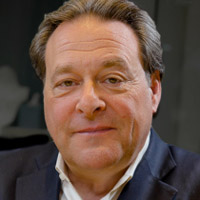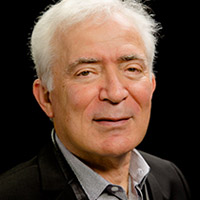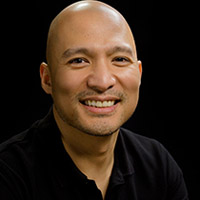How to Create a Common Dream

Updated 12 8 20. All companies are out to achieve success. Success can be defined in different ways, but in most cases, companies define success by results. Many companies have mission statements, common dreams – or goals – that they use to motivate their workforce or to define their purpose. These statements are also often used to define success. Mission statements can be a valuable tool to help keep everyone within the company focused on the goal or purpose of a company and can be the shared, common purpose which will be the steadying reminder of the desired end result. However, are these mission statements or definitions of success really a common dream? What’s more, is there truly such a thing as a common dream?
Developing a Common Dream Together
When asked about this, Joel Peterson, Chairman of JetBlue and the Founder of Peterson Partners, responded with his take on common dreams. Joel has spent many hours speaking and writing about trust and integrity, including authoring the book “The 10 Laws of Trust.” Joel started by telling me that people have a hard time trusting something or someone if they don’t know what the goal is. “A lot of companies will actually create these mission statements…that are kind of interchangeable.” These kinds of statements aren’t really a common dream at all, according to Joel. In reality, they simply sound good. “People want to frame them and put them up on a wall.” However, “if you develop a common dream together that inspires people – which gets back to the idea that people want to be a respected member of a winning team doing something meaningful – you can develop a mission around that, and you’ll have people you can’t stop.”
Helping Others Achieve Their Dreams
Joel was also asked about the difference between a common vision and a common dream. It was pointed out that a common dream really gives a better visual of trying to make something happen that does not currently exist. Joel said that the mission at Peterson Partners is to help entrepreneurs achieve their dreams. Entrepreneurs have big dreams and they want to change the world. They want to do something that no one else has done before so they think very big. Therefore, “we view our role as capital providers as people who provide help to them, to help them achieve their dreams; and that becomes our dream.”
Coming Together for a Common Purpose
A common dream is not a mission statement or a company mantra placed on bulletin boards throughout an office building. A common dream is created when people or companies come together with a vision and a common goal and then work together to achieve that mission or goal. Having a true common dream can go a long way in helping all parties involved achieve the mission, or results, they are seeking. That can be a powerful driving force on the path to the success.
We hope you enjoyed this article about how to create a common dream. If you have any questions or need expert tax or family office advice that’s refreshingly objective (we never sell investments), please contact us at Info@GROCO.com or visit www.GROCO.com. Unfortunately, we no longer give advice to other tax professionals gratis.
Building a Jewelry Company | Stephen Silver
About Stephen Silver Stephen Silver Fine Jewelry is considered one of the United States’ premier jewelry houses. Founder, Stephen Silver, is a gemologist, artist, and philanthropist. Toronto born, Stephen moved to the San Francisco Bay Area as a teenager. Intrigued by science and minerals from a young age, Silver studied geology at San Diego…
Rising from Rubble to Build an Empire | Jerry Brenholtz
About Jerry Brenholtz Jerry Brenholz co-founded ATR International, Inc. in 1988. He has been instrumental in developing ATR into an important provider of contract staffing for Information Technology. In his current role, he is responsible for establishing a corporate-wide vision and defining strategic direction. Prior to ATR, Jerry held various technical positions with General…
Serial Entrepreneur | Aldo Carrascoso
About Aldo Carrascoso Aldo Carrascosois the Founder and COO / CTO of Veem, a company that utilizes Blockchain to allow individuals to make cross border payments in local currencies. The company was conceptualized by Aldo when learned that individuals making cross border payments were having to pay up to 25% of the transfer amount…
Turning Tragedy into Positive Experiences | Gerald Carroll
About Gerald Carroll Gerald Carroll is a partner with Burnham Brown law firm in their Oakland office. He specializes in Construction and Professional Liability Law. Prior to coming to Burnham Brown, Jerry along with his partner ran their own law practice, Hartman and Carroll for 20 years. Jerry graduated with honors in English from…




